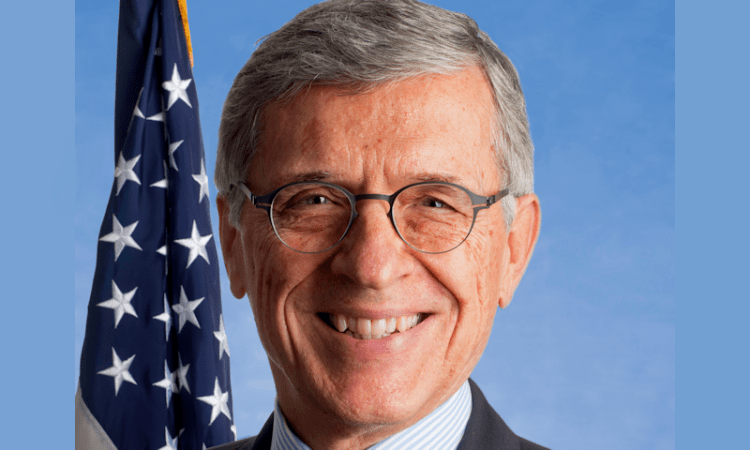In an open letter published in Wired Magazine, Federal Communications Commission Chairman Tom Wheeler is coming out in support of Title II regulation for broadband services.
Wheeler’s proposal not only suggests reclassifying Internet access as a public utility, it also includes mobile data. In his article, he wrote:
“Using this authority, I am submitting to my colleagues the strongest open internet protections ever proposed by the FCC. These enforceable, bright-line rules will ban paid prioritization, and the blocking and throttling of lawful content and services. I propose to fully apply — for the first time ever — those bright-line rules to mobile broadband. My proposal assures the rights of internet users to go where they want, when they want, and the rights of innovators to introduce new products without asking anyone’s permission.”
His article goes on to say that Title II regulation brought up-to-date for the 21st century could achieve these goals, while still making it sustainable for carriers to invest in broadband networks. Wheeler says his proposal does not advise regulation of Internet service prices, nor does it suggest tariffs.
Wheeler was widely anticipated to reveal his proposal regarding Internet regulation today. Many also expected the chairman to reclassify the Internet as a public utility — known as Title II of the Communications Act of 1934. This is the same rule that governs the telephone networks. Reclassifying the Internet as a public utility means the FCC will be able to more broadly regulate Internet service providers (ISPs) and prevent them from introducing faster broadband access for higher paying customers.
Of course, today’s news will not sit well with ISPs like Verizon, AT&T, and T-Mobile.
On Monday, AT&T VP of federal regulatory Hank Hultquist laid out plans for a potential lawsuit if the FCC did decide to pursue reclassification under Title II. He made the argument that the Internet is an “information service” rather than a telecommunications service and therefore cannot legally be regulated under Title II.
“When the FCC has to defend reclassification before an appellate court, it will have to grapple with these and other arguments,” said Hultquist in a blog post.
No doubt there will be a battle between broadband carriers and the FCC in the months to come. In the meantime, Wheeler’s proposal still needs to pass muster with the FCC. The commission is slated to vote on February 26.


